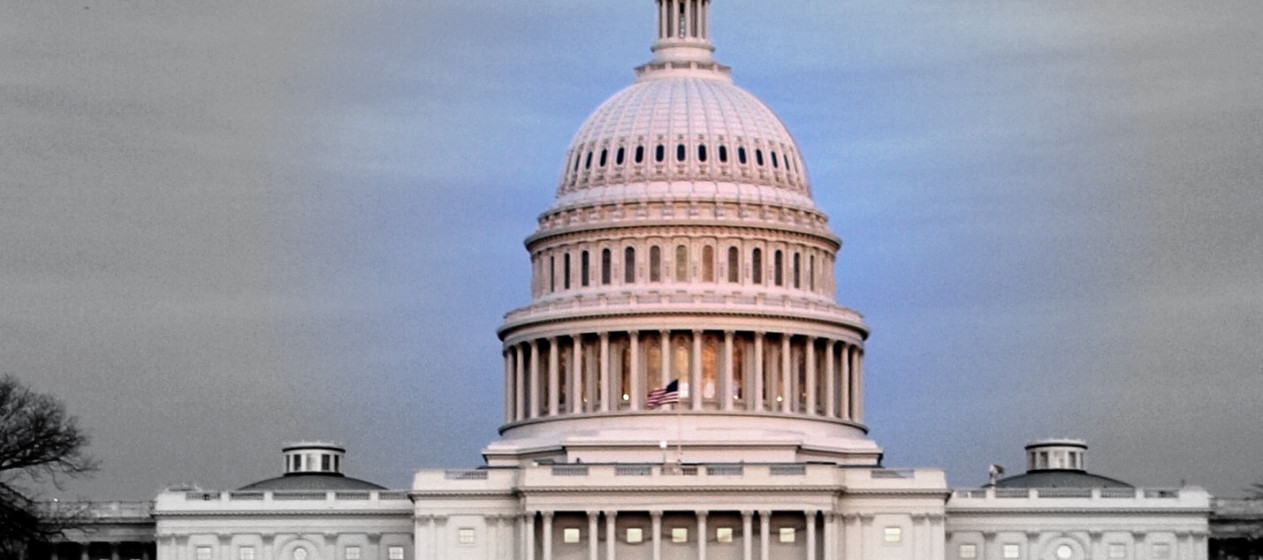Senate Tax Bill: The Guise of Tax Cuts
Last week, the United States Senate passed the largest tax reform plan of the last 30 years by a margin of 51 senators to 49. Democratic opposition was unanimous, while Sen. Bob Corker (Tn.) was the only Republican to vote against the bill. Through last minute changes and illegible handwritten notes, as well as concessions to appease Republican Senators on the fence, the GOP managed to pull the wool over the eyes of the American people and pass a tax plan beneficial to the supremely wealthy of the United States.
This bill was created under the disguise that it is a tax cut for the lower and middle classes. This is simply not the case. While the tax cuts will immediately decrease taxes, it will not last long. The individual tax cut for citizens is only temporary, planning to phase out by 2026 and taxes for the middle class could even increase if the tax cuts are not extended at the end of 2025. Meanwhile, the corporate tax is decreased from 35% to 20% and is permanent. The corporate tax cut accounts for half of the total cuts included in the plan.
Granted, I am not an economist. I am merely a broke, college student with an eye to the future. However, 38 people declaring vehement opposition to the tax bill, are, in fact, prominent economists from various political spectrums. These people are all real, I may add, and are actual economists, not the likes of Gil Sylvia, “an economist” who was part of a letter to Congress supporting the tax bill and who may not even exist. Also, I managed to sit down and discuss the tax bill with an economist.
An interview with Dr. Suzanne McCoskey, associate professor of Economics here at Frostburg State allowed me to gain valuable insight on the tax bill from the perspective of an economist. Dr. McCoskey fears the structure of the tax cuts will increase the dangerous income inequality in the country. Dr. McCoskey also stresses the concerns over the timing of the tax cuts. In the current state of the economy, we’re recovering from the Financial Crisis of 2008. In a time where we are doing well economically, tax cuts are not beneficial to the overall well being of the economy. Dr. McCoskey warned that massive tax cuts in a time like this could drive up inflation, doing more negative than good.
Another concern over the tax bill is the effect the sweeping cuts will have on the deficit. Leaders in the Senate GOP make the claim that the tax bill will provide enough economic growth to ultimately pay for itself, and not impact the deficit. However, a “trigger” amendment from Sen. Bob Corker was voted down by the Senate GOP. The trigger would raise taxes if economic growth did not go as planned and began to increase the national debt.
Coincidently, fears over the increase in the deficit appear to be coming true. Congressional leaders of the GOP now acknowledge that the bill may raise the deficit. But don’t worry! To pay for the tax cuts for massive corporations, House Speaker Paul Ryan announced plans to target social programs like Medicare and Medicaid.
To recap, the individual tax cut is only temporary while the corporate tax cut is permanent, inflation may rise, and social programs will now be slashed to make up the difference in the deficit.
Important to understand is that this is not the final bill, it is not yet on the President’s desk to sign. The House and Senate have passed different versions of the bill with several key differences and must reach agreement in a final copy to give to the President. I urge you to take action regardless of your standpoint or political ideology. Call your congressmen, voice your concerns or support. This is our future, we can’t afford to be complicit.




